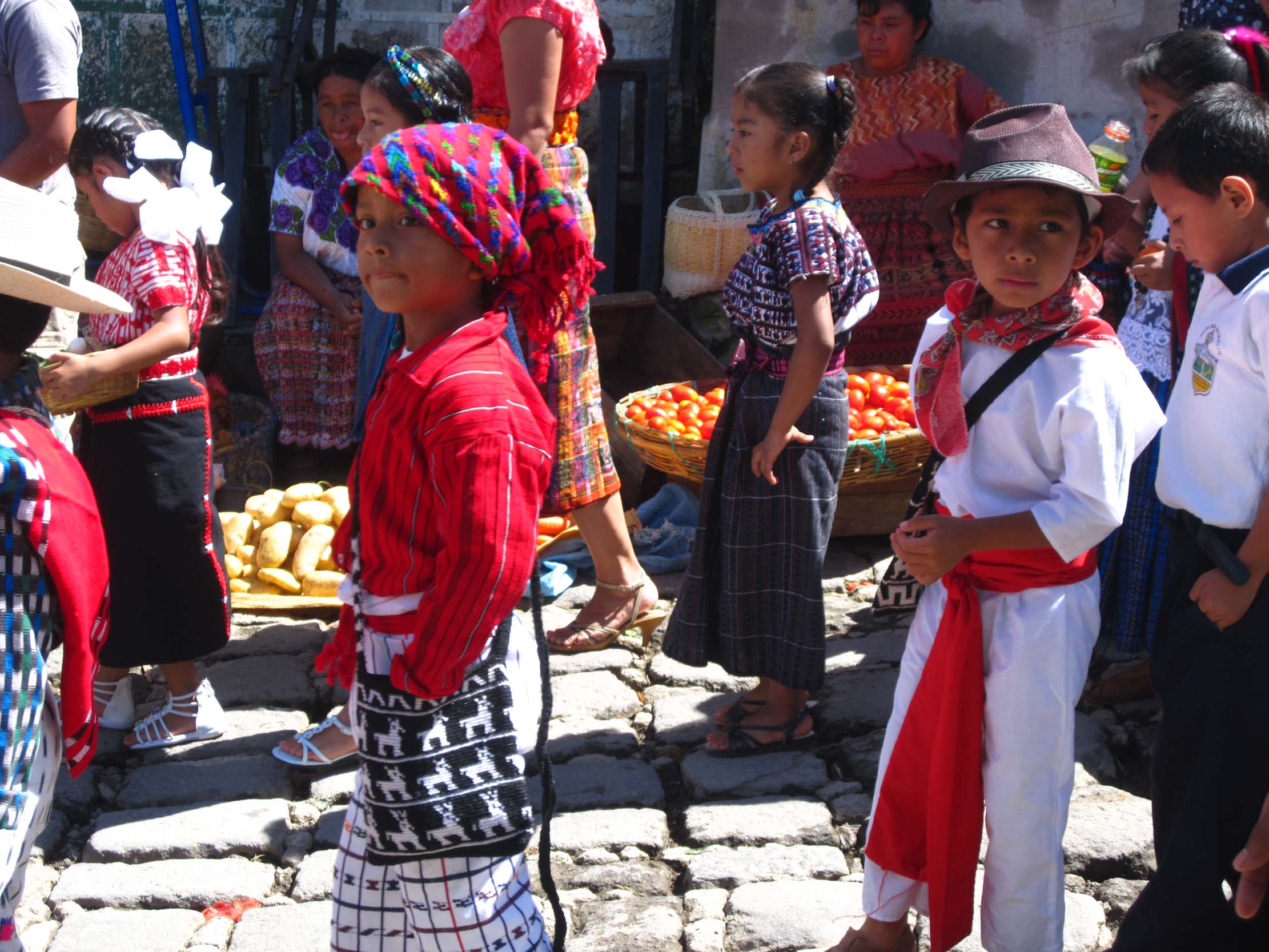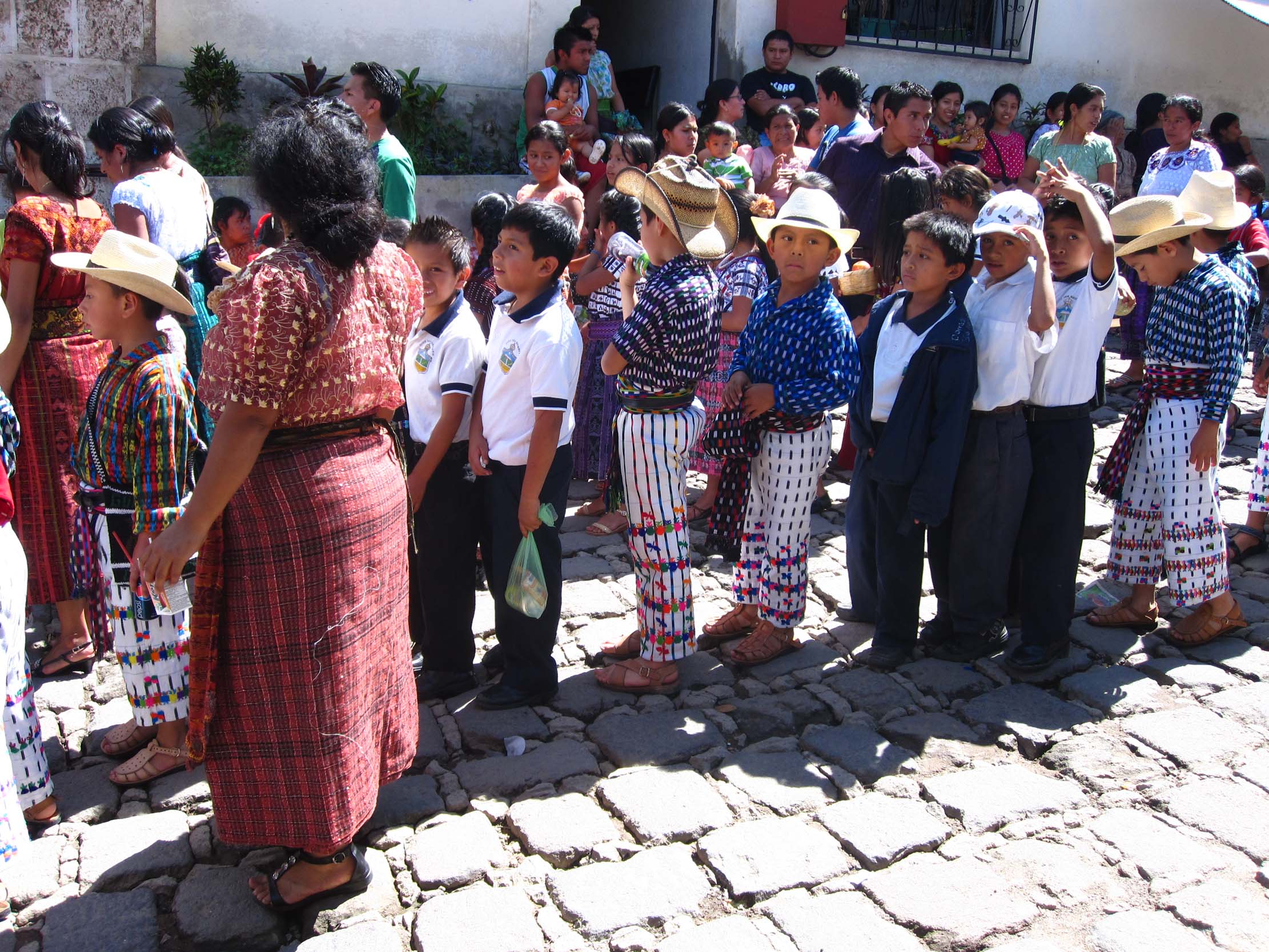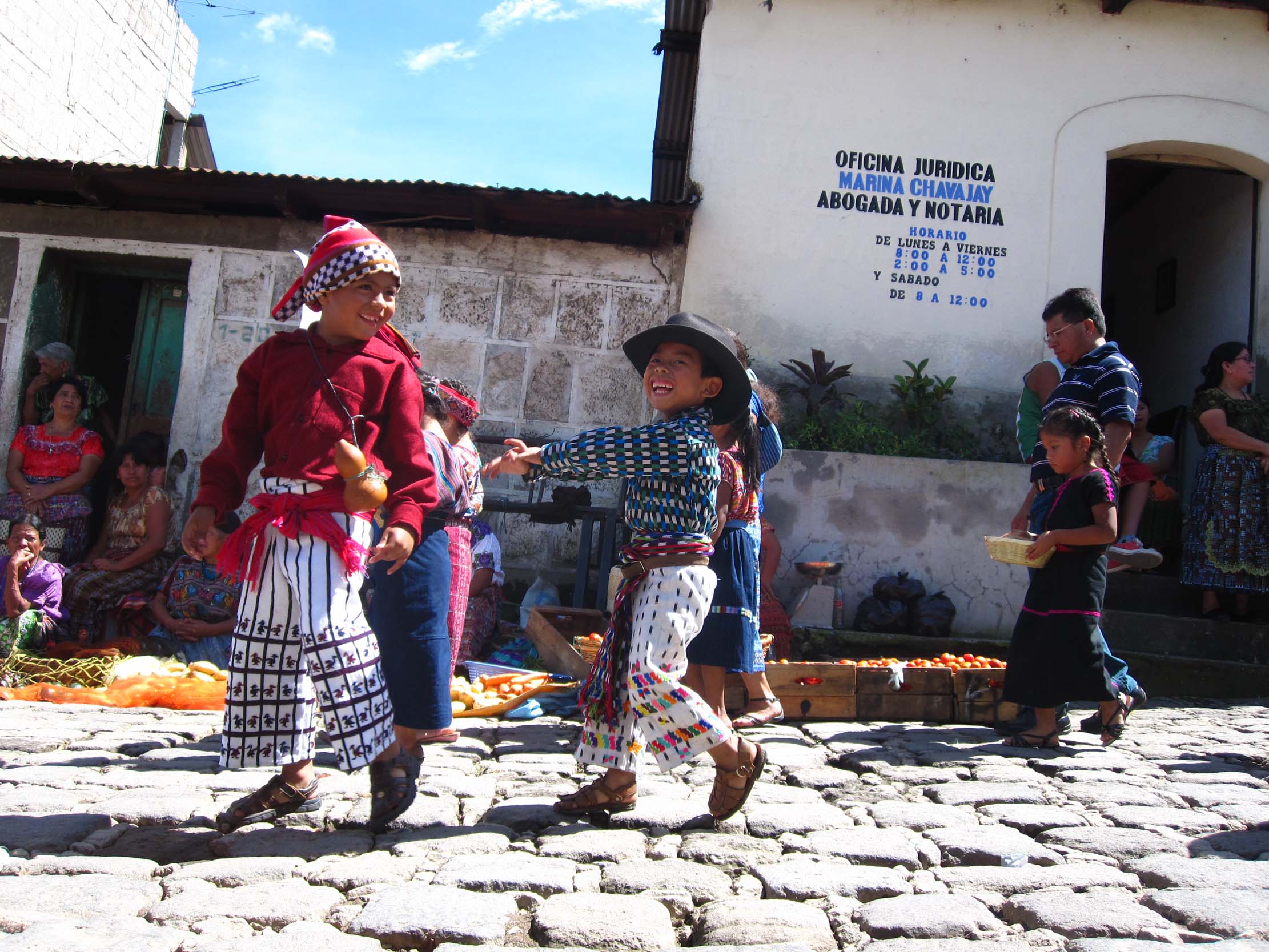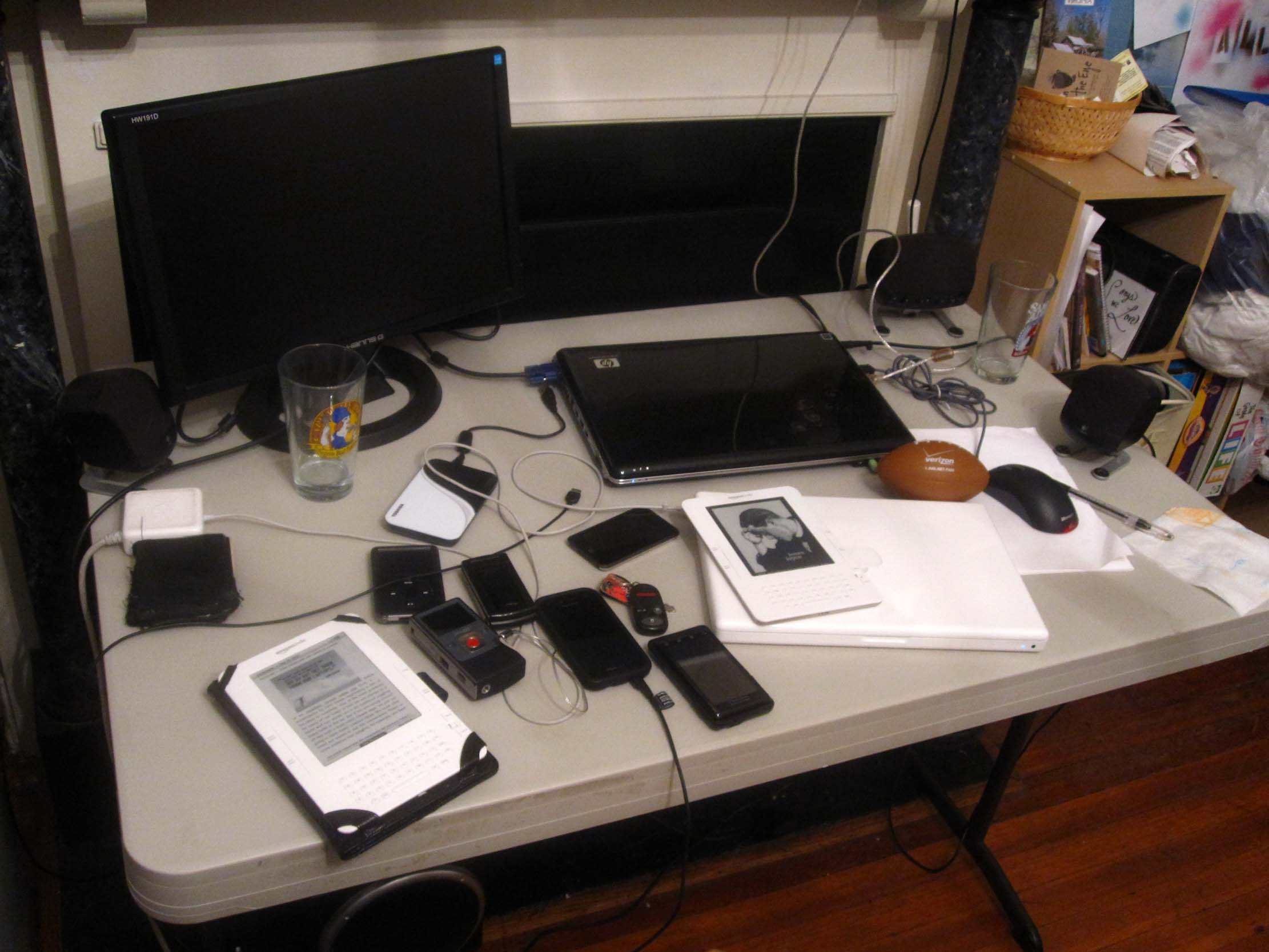 My uncle told me that I should pack a suitcase half-full when I left for Latin America for the first time. “It’s not for the souvenirs,” he said, “it’s so that you’re ready to receive something that you want to carry with you where you continue traveling.” That piece of advice has stuck with me for quite some time, and indeed I think I’ve found something I want to continue traveling with.
My uncle told me that I should pack a suitcase half-full when I left for Latin America for the first time. “It’s not for the souvenirs,” he said, “it’s so that you’re ready to receive something that you want to carry with you where you continue traveling.” That piece of advice has stuck with me for quite some time, and indeed I think I’ve found something I want to continue traveling with.
I think I’ve distilled it down into a simple word, “connection” and I know it’s something that I felt in Richmond from time to time, but now I’ve realized that it is a mainstay of the Latin American culture. I’ll speak about it as it relates to the basics of human relationships and in contrast to what that I had experienced back in America.
I believe that we were all designed to be connected to one another, and indeed, we’re built with a desire to spend time with each other on a regular basis, even if you’re not an introvert. But what has  happened in the Western world, at least from my perspective, is that we’ve found so many ways to mediate our “connection” to one another that we’ve lost the fundamental touch points. Or in other words, “we’re not getting any closer to what we really wanted to get close to.”
happened in the Western world, at least from my perspective, is that we’ve found so many ways to mediate our “connection” to one another that we’ve lost the fundamental touch points. Or in other words, “we’re not getting any closer to what we really wanted to get close to.”
We’ve got facebook, twitter, gchat, and an ever increasing technological platform for profiles and user accounts for instant messaging. It could seem like with more routes to a relationship, we’d have a stronger one. But for most of us, we’re so ultra-connected that we’ve become disconnected. 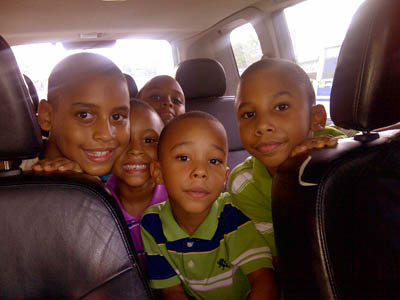
You could even say that with the increase of tactile technology for smart-phone applications, there is a proportional decrease in the actual touching between individuals. Take for example, an average dinner or coffee break with your average 20 and 30 somethings, and you’ll see most everyone seated about 2-3 feet apart, at an arm’s length, staring at the small digital screen in their hands, scrolling, tapping, sliding, typing – but rarely hugging, jokingly punching, consoling, or any form of amiable touch outside of formal introductions or goodbyes.
Maybe it’s the limitation of technology or lack of personal finances to buy the things that divert attention from relationships that enables a lot of Latin America to really spend time with each other, and know one another deeply without the use of technology. Or maybe, it’s that there’s less space in the living areas, or the need to economically rely on one another until the individual is married, but I’d like to think it’s something more. 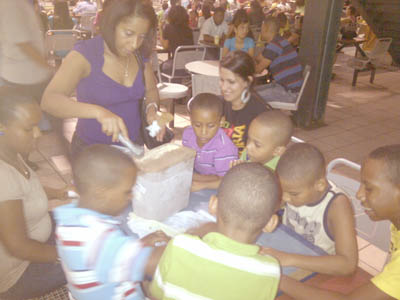 I’d like to think that they “are getting closer to what they really want to be close to.”
I’d like to think that they “are getting closer to what they really want to be close to.”
I’d like to think it’s a belief that you don’t need to call to stop by and see someone, you don’t need a profile to know what activities someone’s involved with, you should touch someone to let them know you care, (for guys this means a lot more wrestling, poking, and punching) and fundamentally, that food is always a group activity.
I love technology and shiny screens, but to me, the fundamental question becomes “Will this really help me get connected to the people, places or things I really want to be connected with?”
[All these pictures are from a birthday party for Railyn, mi hermano Dominicano. Gracias a ML por las fotos 😉 ]

